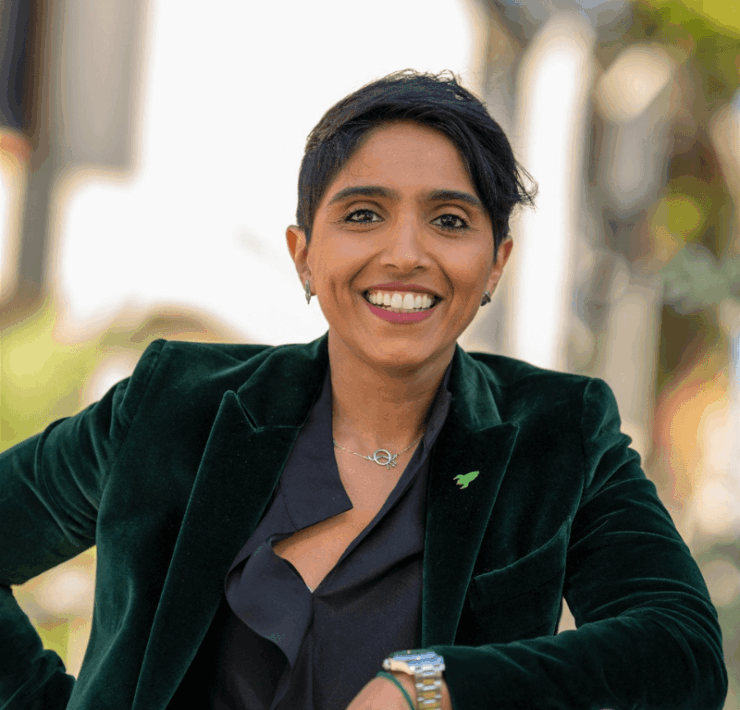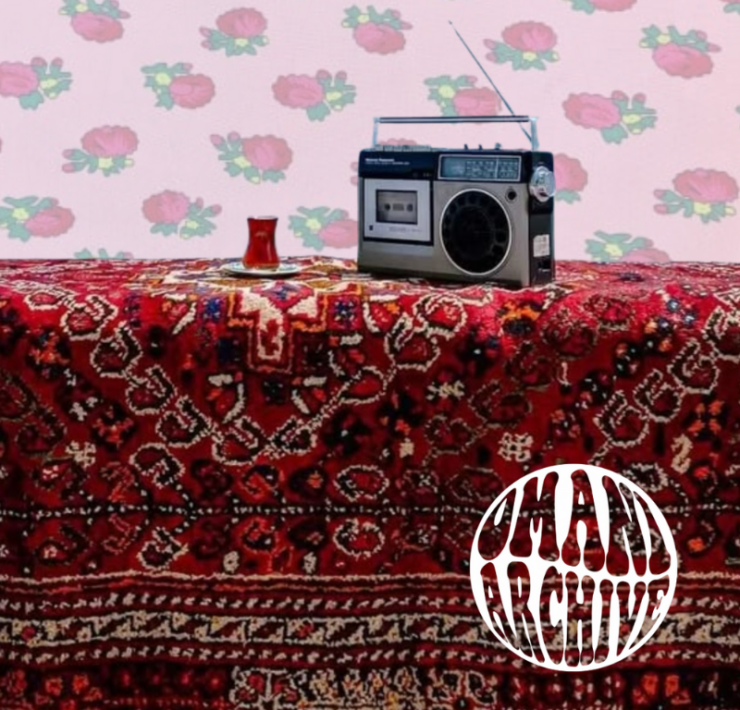 I have recently read Headscarves and Hymens: Why the Middle East Needs a Sexual Revolution by Mona Eltahawy. A thought that went through my mind as I finished each page, each chapter, and eventually the whole book was simply, ‘Yes’. I say yes to this book. It contains stories that need to be heard and opinions that, in an ideal world, everyone would at least understand if not wholeheartedly agree with.
I have recently read Headscarves and Hymens: Why the Middle East Needs a Sexual Revolution by Mona Eltahawy. A thought that went through my mind as I finished each page, each chapter, and eventually the whole book was simply, ‘Yes’. I say yes to this book. It contains stories that need to be heard and opinions that, in an ideal world, everyone would at least understand if not wholeheartedly agree with.
As a white western woman, I would feel cautious bringing up a discussion of the issues addressed in this book, simply for fear of appearing to be imposing my Western feminist values on another culture that, upon first inspection, might not welcome them. When criticism of a cultural system comes from the outside it can be misinterpreted as an attempt to impose other cultural values on that system. Yet Eltahawy writes with such passion and anger; she dispels any reservations I might have had about offending a culture that I am not part of. This is not about culture. This is about equality in a region that needs to change its attitude towards women.
If you are interested in learning about the state of women’s rights in the Middle East, then this is a book you must read. Headscarves and Hymens is divided into seven chapters, which distinguish the various weapons in the patriarch’s arsenal that are used to subdue women and confine them to lives as powerless, secondary citizens. Eltahawy writes with such power, yet initially I felt quite reluctant to concur with her views, reverting to the generalised idea that, for example, “when a Muslim woman wears a headscarf she makes a conscious, autonomous choice, so who am I to question it or to call it out?” Eltahawy fully supports the headscarf ban in France. In November last year I delivered a presentation that questioned whether the ban in France encouraged discrimination against Muslims. It was difficult to commit to either side of the argument when, as Eltahawy points out, any support for the ban can be misconstrued as discriminatory against Muslims and supportive of extreme right-wing conservative views, whilst encouragement to keep the veil is presented as liberal and advocating human rights. After reading this book I am no longer fearful of offending a particular interpretation of a religion, especially when that interpretation subjugates women.
Eltahawy describes the condition of women’s rights in the Middle East as the result of “a toxic combination of conservative culture, religion and politics.” This crucial point alludes to why this particular region is in great need of a revolution of the female kind; women are attacked from all angles of their own society. Of course one could say that there are varying levels of gender discrimination; some countries are more restrictive than others. However, after reading Eltahawy’s account of the facts and figures regarding FGM (female genital mutilation), gender apartheid, child marriage and marital rape, and domestic and street violence across the Arab world, it is difficult to then exalt a few countries’ paltry attempts to satisfy their women who are bravely calling for change. It is not only the patriarchy in these countries that allows the subjugation, humiliation and mutilation of women to occur. Sadly the Western world will often excuse the atrocities inflicted upon women because the region’s reasons for doing so are sheltered under what Eltahawy labels the “umbrella of cultural differences”. It is time for the West to change its approach.
The UK has made progress in gender equality (although there is still some way to go), and so I couldn’t begin to imagine some of the atrocities that Eltahawy herself and countless other women across the Arab region have experienced. In her book Eltahawy discusses linking the personal with the political, as she courageously discusses her own personal struggles. Having once lived in the UAE, it was shocking to read about the extremes of misogyny that are also present in a country I assumed to be one of the most liberal in the region. In Abu Dhabi, a law exists wherein a mother’s breasts essentially are the property of her infant. It seemed absurd to me that I was only learning this ridiculous fact now, after having lived in the emirate for four years. Yet even as a British citizen living in my ex-pat bubble, I still had my own experience of the Emirati patriarchy; not being allowed to have my own bank account, needing a man to sponsor my visa; a man who would receive a text message whenever I entered or exited the country. It is a pale experience in comparison to some of Eltahawy’s accounts, which include physical and sexual abuse at the hands of security forces. But across the world we must all unite and share our experiences, no matter how severe, in order to fight as one.
 In the UAE, men are granted privileged status in matters such as divorce, inheritance and child custody (image: teachview.me)
In the UAE, men are granted privileged status in matters such as divorce, inheritance and child custody (image: teachview.me)
I love the word fierce. For me it is a word that evokes the strong and the feminine. In my opinion, Mona Eltahawy is brave, and she is most definitely fierce. She should be seen as a role model for young Muslim girls everywhere. She inspires in me, and I hope in others, the power to confront cultural dialectics in order to regain autonomy of our own bodies.
‘Headscarves and Hymens: Why the Middle East needs a sexual revolution’ is available to buy on Amazon.
Introducing Francesca Kelsall
Passionate, adventurous and (of course) fierce, Francesca is a natural addition to Pink Jinn. Her experiences of living in the UK, Italy, Canada and the UAE have truly shaped the way she sees the world, inevitably influencing her writing. A lover of languages and cultures, Francesca has recently obtained a degree in French and Italian, and is pursuing a career in the tourism and hospitality industry. She is currently planning a volunteering trip to India, after which she is determined to move back to Italy. We can’t wait to hear more from her as our newest contributor.









